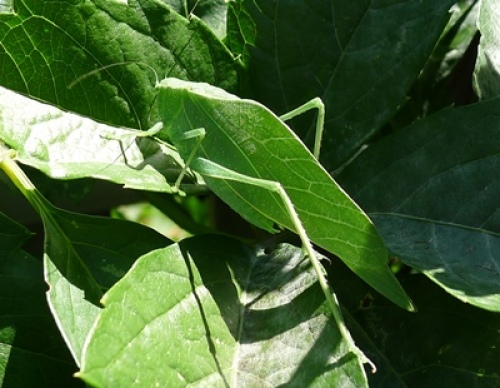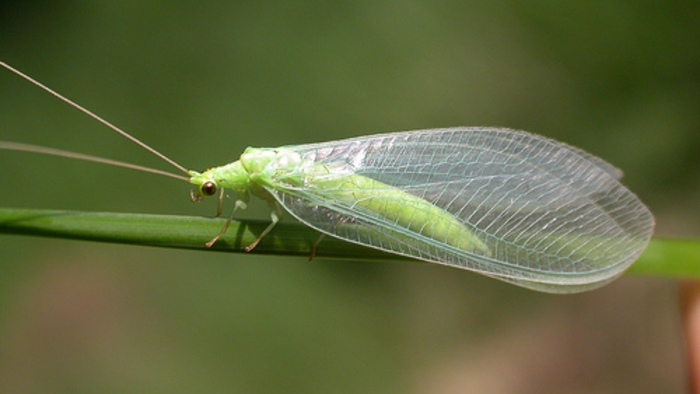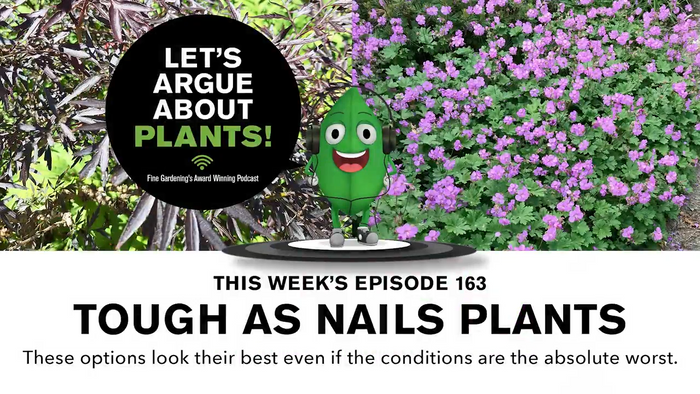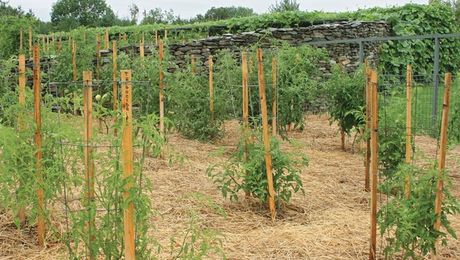
The best defense is a strong offense when it comes to protecting your vegetable garden against damaging insect pests. And the best offense starts at the beginning of the season by planning ways to control the insect pests that are most common to your garden.
Check with your county’s extension office or master gardeners to get an idea of what insect pests to expect and when they might hit in full force.
Then prepare for battle by planting a diverse, layered landscape that includes the plants that attract beneficial insects. The more spiders, lady beetles and lacewings in the garden, the fewer problem insects you’ll find hanging around.
Inviting hungry birds into your landscape is another good method for keeping insect pest populations from taking over.
Before planting, it pays to select the cultivars that are resistant to the most common pests for certain plants, like onion thrips on onion plants.
Then, as soon as you’ve planted, keep an vigilant eye on your garden to catch insect problems early and then take action quickly.
Here are some easy, organic methods for keeping insect pests out of your garden:
- Time plantings of crops, like beans, either earlier or later to avoid the first wave of bean beetles.
- Use row cover cloth, tightly tied down, to protect young plants from flea beetles.
- Keep juice cans or plastic cups with the ends removed to use as collars around small plants to prevent cutworms from crawling up the stems.
- Keep the vegetable garden free of weeds where pests like to hide and feed.
- Handpick beetles and tomato hornworms and drop them in a bucket of soapy water.
- Use a forceful stream of water on both sides of leaves to dislodge and drown aphids and spider mites.
- Deter slugs with irritants like coffee grounds, dryer lint or diatomaceous earth sprinkled around the base of plants.
- Use sticky traps for pests like cucumber beetles.
- Use cabbage collars on the soil around plant stems to protect cabbage root fly from laying eggs on cabbage plants.
What are the most destructive insect pests in your vegetable garden? What organic methods do you use to handle them?


















Comments
Log in or create an account to post a comment.
Sign up Log in